As the clock ticks down to midnight on Thursday, the New Jersey Transit system stands on the brink of a potentially devastating strike. Engineers are set to walk off the job one minute after midnight Friday morning, a move that would create significant disruptions for 100,000 daily train commuters, businesses across the New York metropolitan area, and even fans of Shakira and Beyoncé, who have concerts scheduled in the coming weeks.
The impending strike stems from a labor dispute that has seen 87% of rank-and-file members of the International Brotherhood of Engineers and Trainmen vote against a previous tentative deal. This deal would have granted them their first raise since 2019. The rejected agreement, while not disclosed in full, was clearly insufficient for the union, which had sought raises of 18% to 23% for its 500 members. Union representatives argue that their members are paid about 20% less than their counterparts at Amtrak and other regional commuter railroads.
Thomas Haas, the general chairman of the union’s unit representing the nearly 500 engineers, emphasized the need for fair and competitive wages. "We, the locomotive engineers of NJ Transit, are asking only for a fair and competitive wage," Haas said in remarks before the NJ Transit board. "We are now almost out of time to solve this problem before a work stoppage takes place. The last thing we want to see is that (service) to be interrupted. But we’re at the end of our rope."
Despite the union’s stance, NJ Transit CEO Kris Kolluri remains hopeful that a strike can be averted. "We reached a deal once before. It unfortunately got voted down. But we have 29 hours left before a strike would start," Kolluri told reporters. He highlighted that the agency recently reached a deal with its bus drivers and expressed confidence that constructive conversations could lead to a resolution. However, he also emphasized that any deal must be "fiscally responsible."
The potential strike would have far-reaching consequences. The majority of commuters on the nation’s third-largest commuter railroad rely on New Jersey Transit to reach their jobs in New York City. With the strike looming, railroad officials are urging commuters to make alternative plans and, if possible, work from home. The congestion expected to clog the bridges and tunnels spanning the Hudson River would be compounded by a $9 "congestion pricing" toll, in addition to existing bridge and tunnel tolls that can exceed twice that amount.
Beyond the daily commuters, the strike could also disrupt the plans of thousands of concertgoers. Shakira is scheduled to perform at MetLife Stadium on Thursday and Friday night, while Beyoncé has a series of five shows starting the following Thursday. NJ Transit has already canceled service to Thursday’s Shakira concert, and fans of both artists could face severe traffic delays as regular train passengers are forced onto the roads.
The situation is further complicated by the Railway Labor Act, a century-old federal law governing labor relations at railroads and airlines. This law significantly limits the union’s ability to strike, and even when a contract is rejected, as it was in this case, Congress can order workers to remain on the job and accept the deal. This occurred in December 2022 when Congress voted to approve a deal rejected by the majority of union members at the nation’s four major freight railroads.
However, it remains unclear whether Congress will intervene in the case of a single commuter railroad. Historically, commuter rail strikes have lasted longer without congressional action. For instance, New Jersey Transit was on strike for a month in 1983, the Southeastern Pennsylvania Transit Authority (SEPTA) was on strike for 108 days in the 1980s, Metro North was on strike for 42 days, and the Long Island Railroad experienced an 11-day work stoppage.
The potential for a prolonged strike raises concerns about the economic impact on businesses and the daily lives of commuters. The disruption could lead to increased costs for businesses and significant inconvenience for individuals, particularly those who rely on New Jersey Transit for their daily commute. The strike could also have a broader impact on the regional economy, as businesses grapple with reduced productivity and increased transportation costs.
The looming New Jersey Transit strike highlights the complex interplay between labor demands, economic realities, and the potential for significant disruption. As engineers prepare to walk off the job, the stakes are high for commuters, businesses, and concertgoers alike. The outcome of these negotiations will not only affect the immediate future of New Jersey Transit but also set a precedent for labor relations in the transportation sector. With time running out, both sides must find a way to reach a mutually acceptable agreement to avert a strike that could have far-reaching consequences.
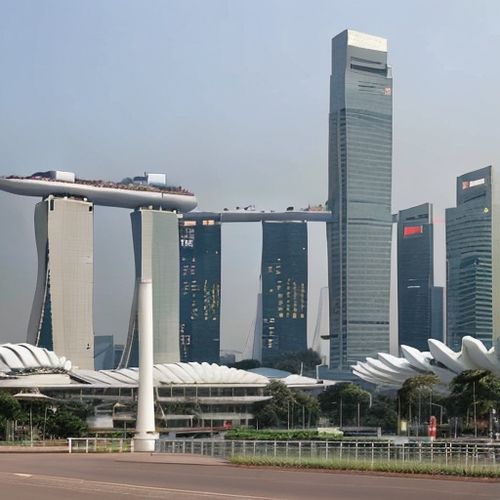
By Laura Wilson/May 16, 2025
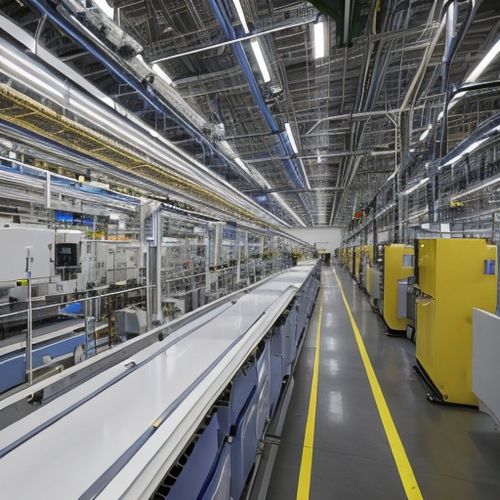
By Michael Brown/May 16, 2025
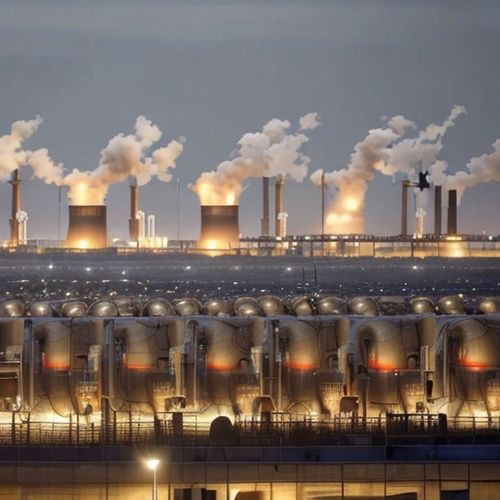
By Elizabeth Taylor/May 16, 2025

By Sophia Lewis/May 16, 2025
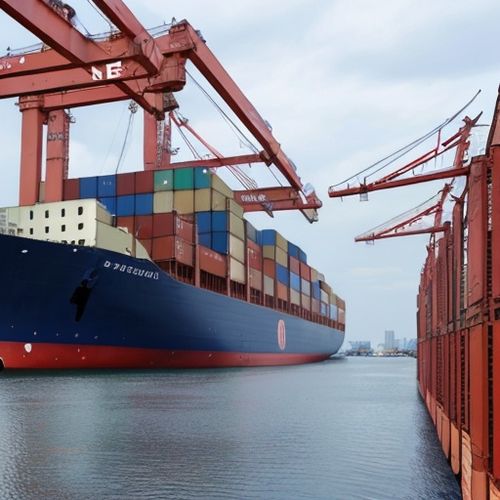
By Noah Bell/May 16, 2025
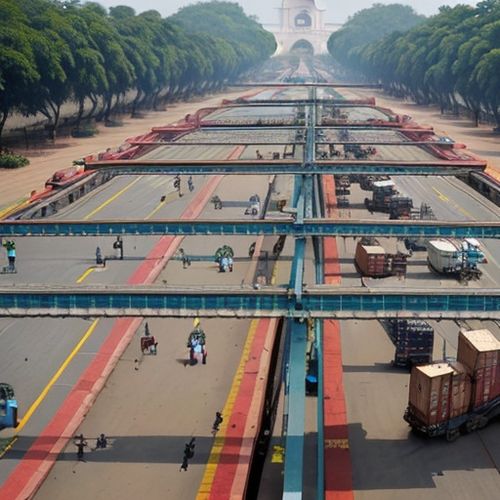
By Joshua Howard/May 16, 2025
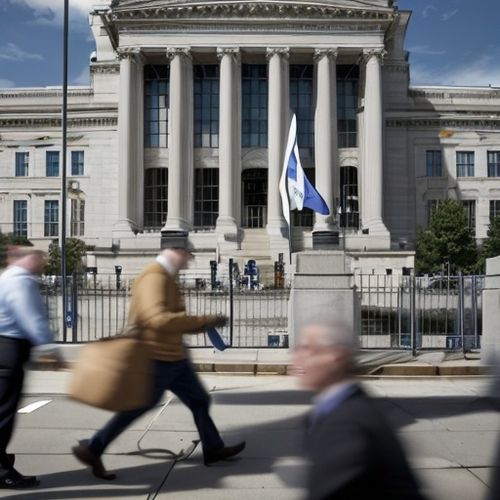
By John Smith/May 16, 2025

By Laura Wilson/May 16, 2025
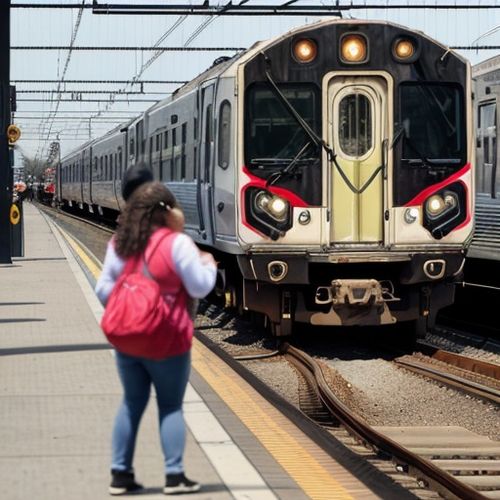
By Benjamin Evans/May 16, 2025
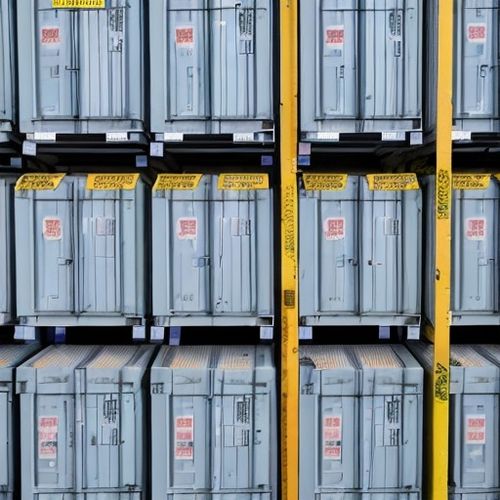
By Michael Brown/May 16, 2025
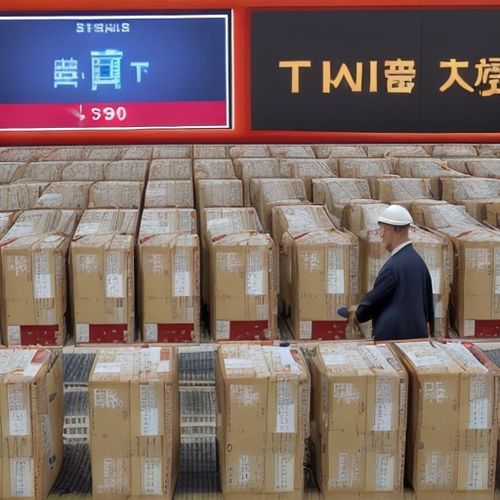
By Sarah Davis/May 16, 2025

By William Miller/May 16, 2025

By Sarah Davis/May 16, 2025

By Benjamin Evans/May 16, 2025
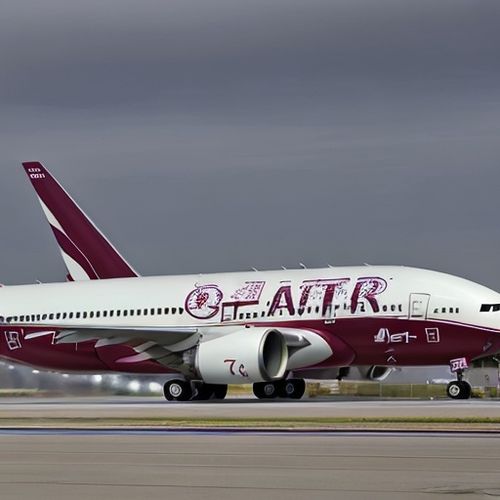
By Rebecca Stewart/May 16, 2025
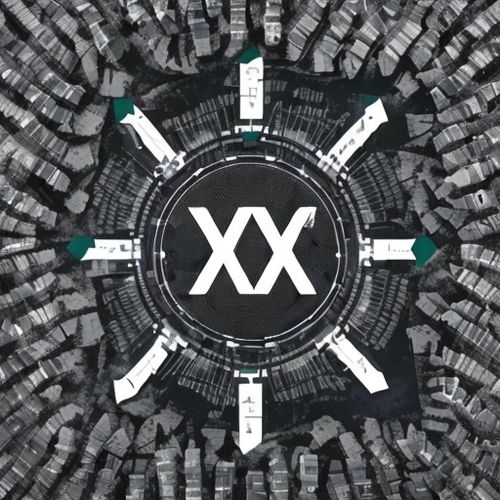
By Natalie Campbell/May 16, 2025

By Lily Simpson/May 16, 2025
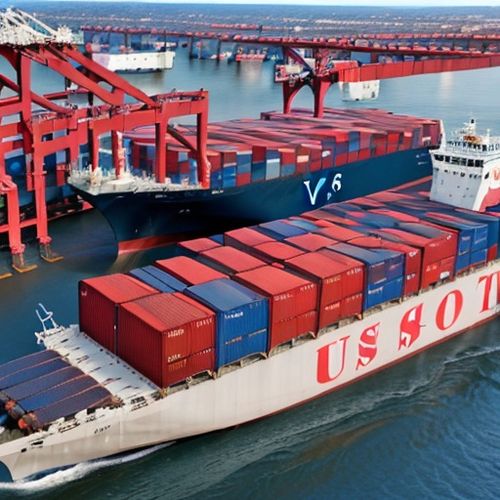
By Olivia Reed/May 16, 2025
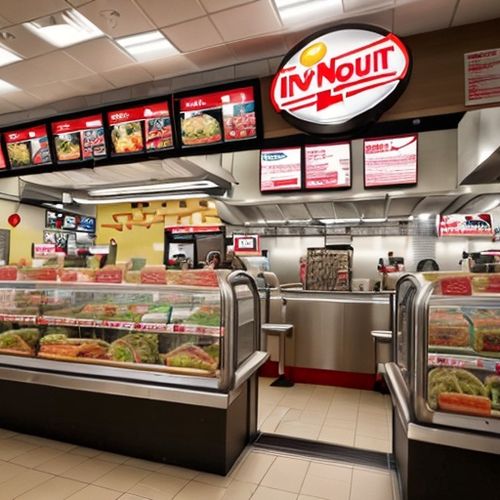
By Olivia Reed/May 16, 2025

By Elizabeth Taylor/May 16, 2025